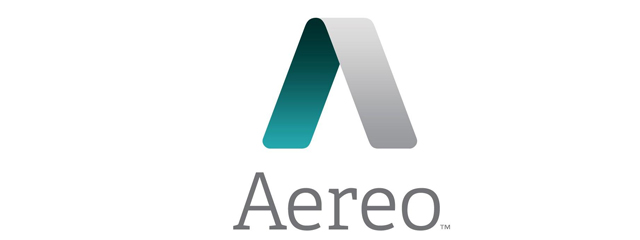Weird Al and Parody: Why It's Better To Ask Permission Than Beg Forgiveness
/There’s a saying that’s become popular in recent years: "it’s better to beg forgiveness than ask permission.” There’s a lot of appeal there for the Type-A, take-charge types and I completely understand it... if you want results, just do it since apologizing after the fact will be easier than fighting through red tape beforehand. Grace Murray Hopper, a former Navy admiral coined the term and you can see why. She was a career military woman and computer scientist and likely spent a great deal of time fighting through bureaucracy and institutional misogyny to get anything done.
In that context, the phrase has a lot of cache. As a lawyer who advises artists, however, I think it's a one-way ticket to bankruptcy. I've said as much before, but I bring it up again because Weird Al Yankovic is back with his latest album Mandatory Fun, and as always happens when Weird Al resurfaces, people are amazed to discover that he asks permission from other artists to parody their songs. Here's a snippet from a recent NPR interview with him:
NPR: Is it true that you don't need permission to do a parody of a song?
Weird Al: Legally, I say it's a gray area. I could get away with not getting permission, but I've never wanted to get away with that. I think it's more taking the high road to make sure that the artist feels like they're in on the joke. I want them to know that it is in fact an homage, it's a tribute. Like I say, it's more a poke in the ribs than a kick in the butt.
Not only is that an ethically sound practice, but it’s also correct from a legal standpoint. It’s generally understood in the entertainment world that parody - the art form Weird Al trades in - is considered fair use (i.e. it's not considered infringement under U.S. copyright laws). That's because a parody is designed to poke fun of a work of art rather than directly profit from it.
HOWEVER! That’s not the whole story. There are gray areas when dealing with fair use, and Weird Al gets that. He knows that parody alone doesn't give him unlimited permission to use someone else's copyright without permission. There are other factors weighed by the courts in determining if something is fair use, such as the commercial nature of the parody (i.e. is it financially profitable?), and the effect it has on the market for the work that's being parodied (i.e. does the mere existence of the parody cause consumers to stop buying the original work?). Depending on these and other factors, Weird Al knows that his work could, in some situations, be considered copyright infringement.
So he doesn't leave it up to chance and say "Whoops my bad" whenever he gets caught. He asks permission up front and if an artist refuses, he doesn't parody the work (here's a list of artists who refused to let Weird Al parody them). What Weird Al knows - and other artists out there would do well to remember - is that when your livelihood depends on using the copyrighted works of others, sometimes it's truly better to ask permission than to beg forgiveness. With money on the line, they may not be so inclined to forgive you.












